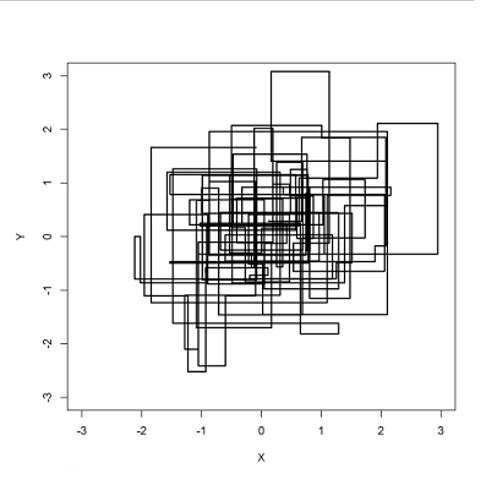An issue of Dirichlet process mixture models is the slow mixing of the MCMC posterior chain produced by conditional Gibbs samplers based on its stick-breaking representation, as opposed to marginal collapsed Gibbs samplers based on the Polya urn, which have smaller integrated autocorrelation times. We solve the issue by introducing the transcoding sampler, a new stick-breaking sampler which, conditional to the exchangeable partition posterior produced by any other sampler, enriches it with posterior samples of the stick-breaking parameters. This new sampler is therefore able to match the autocorrelation times of any other sampler, including marginal collapsed Gibbs samplers; it outperforms the slice sampler and removes the need to accelerate it with label-switching Metropolis jumps. As a building block for the transcoding sampler we develop the i.i.d. transcoding algorithm which, conditional to a posterior partition of the data, can infer back which specific stick in the stick-breaking construction each observation originated from.
翻译:狄利克雷过程混合模型中的一个问题是传统的Gibbs采样器处理断棍表示法时,MCMC后验链的混合速度较慢,而基于泊松乌尔恒的边缘折叠Gibbs采样器则具有较小的积分自相关时间。我们通过引入转码采样器解决了该问题,这是一种新的、基于断棍表示法的采样器,它可以在任何其他采样器产生的可交换分割后验的条件下,通过富含断棍参数的后验样本来支持它。这样,这个新采样器就能够匹配任何其他采样器的自相关时间,包括边缘折叠Gibbs采样器;它优于切片采样器,无需使用标签交换Metropolis跳跃来加速。作为转码采样器的构建块,我们开发了一种独立同分布的转码算法,它可以在给定数据的后验分割的条件下,反推出断棍表示法中每个观察来自哪个具体的棍子。


